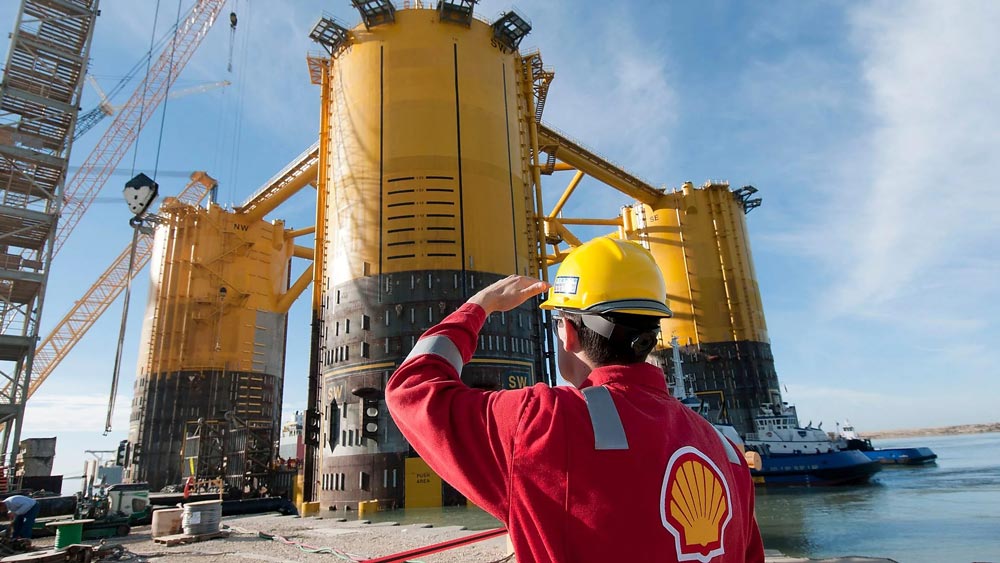Shell, the British oil giant, recently reported its third-quarter earnings, revealing a profit of $6 billion. This figure surpassed analyst expectations of $5.3 billion, despite a challenging macroeconomic environment marked by declining crude prices and reduced refining margins. The company attributes its strong performance to robust operational execution and increased gas sales.
Key Financial Highlights
- Earnings Beat Expectations: Shell’s adjusted earnings for the July-September period were $6 billion, exceeding predictions from LSEG analysts.
- Share Buyback Program: The company announced plans to repurchase $3.5 billion of its shares over the next three months, maintaining its dividend at 34 cents per share.
- Free Cash Flow: There was a significant rise in free cash flow, reaching $10.83 billion compared to $7.5 billion the previous year.
- Capital Expenditure: Cash capital expenditure decreased to $4.95 billion from $5.65 billion in the same quarter of 2023.
Strategic Position and Market Reaction
Sinead Gorman, Shell’s CFO, emphasized that the results were driven by consistent operational performance across its portfolio. The company continues to focus on portfolio rationalization, cost reductions, and operational improvements. As a result, Shell’s stock saw a 0.9% increase in London trading.
LNG Leadership and Future Outlook
Shell remains a global leader in liquified natural gas (LNG), a segment expected to grow significantly. Maurizio Carulli from Quilter Cheviot praised Shell’s strategic foresight in this area, positioning it well against market volatility.
Challenges and Criticism
Despite its financial success, Shell faced criticism from activist group Follow This for reducing investments in renewables. The group’s founder, Mark van Baal, argued that Shell’s focus on fossil fuels could hinder its transition to clean energy.









